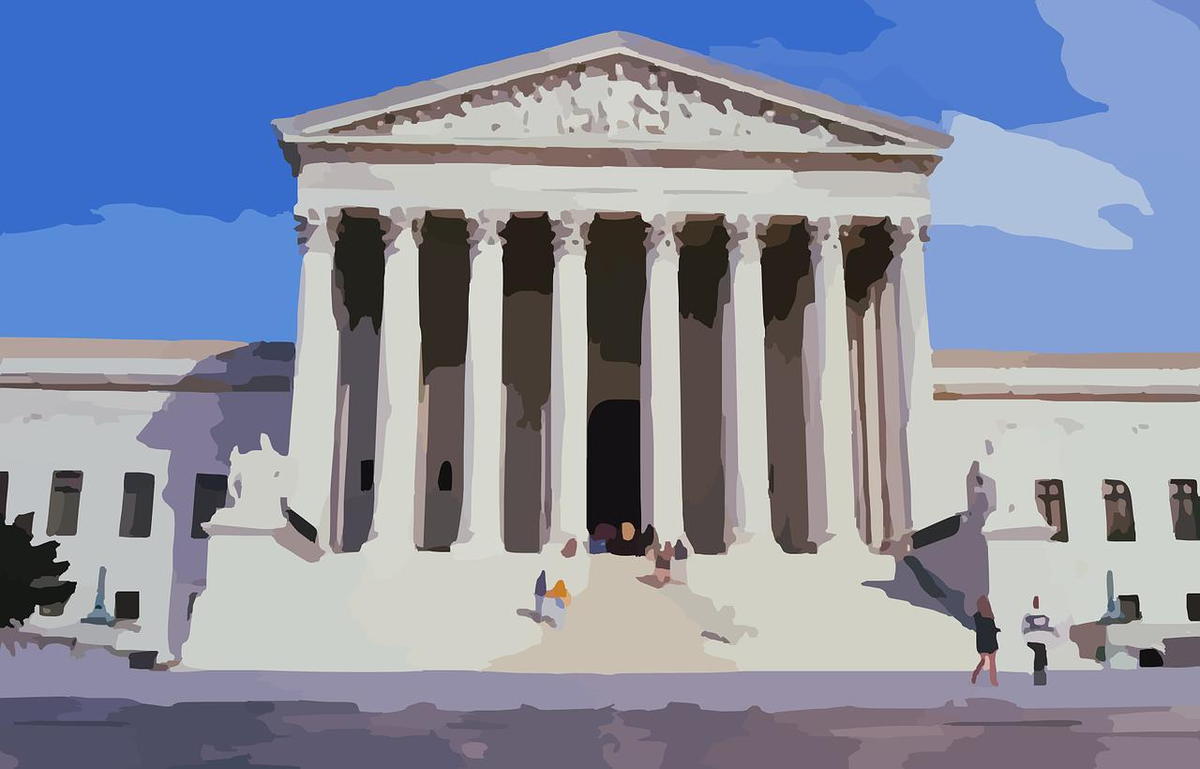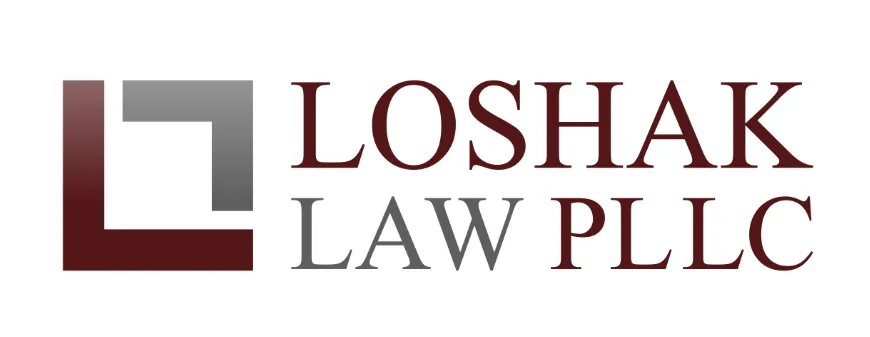
What is Probate Administration?
When someone dies with bank accounts, real estate, or other assets held in their individual name, the legal process required to distribute the property to the decedent's heirs or devisees is known as probate administration. In Florida, this process is governed by the Florida Probate Code and should always be done with the assistance of an experienced attorney. Florida is one of the few states that statutorily specifies a schedule of attorney's fees which are deemed to be reasonable based on the total value of the estate.
What Property Must Be Probated?
Any property held or titled in the decedent's individual name, regardless of whether they had a Will or not, must be probated, with a few exceptions. Some examples of non-probate property are accounts held jointly with a spouse, property held in a trust, life insurance proceeds, or an investment account with pre-designated beneficiaries. Avoiding the expensive and time-consuming process of probate administration is always preferable, so that's why it is a good idea to have a professional estate plan prepared by an attorney.
Disposition Without Administration
In Florida, there is a non-court supervised administration proceeding called Disposition Without Administration, which applies to the estate of a decedent leaving only personal property (and no real estate) exempt from the claims of creditors and nonexempt personal property the value of which does not exceed the sum of the amount of preferred funeral expenses and reasonable and necessary medical and hospital expenses of the last 60 days of the last illness. This process is used to request the release of assets of the deceased to the person who paid funeral and/or final medical bills.
Summary Administration
An abbreviated and simplified procedure called Summary Administration, is available when: (1) the assets of the estate are under $75,000; or (2) the decedent has been dead for more than two (2) years. The court doesn’t appoint a personal representative or executor for the estate. Instead, the court issues an order, releasing the property to the people who inherit it. The petition for summary administration may be filed by any beneficiary, or by a person designated as a personal representative by the decedent’s Last Will and Testament. If there is a surviving spouse, the petition must be signed and verified by the surviving spouse.
Formal Administration
If the estate doesn’t qualify for one of the aforementioned simpler methods of administration, the regular Formal Administration process may be necessary. In a formal proceeding, a personal representative is appointed by the court to administer the estate, which includes marshalling assets, settling creditor claims, and distributing assets to the heirs or devisees. The personal representative is usually an individual named in the Will, the surviving spouse, child of the decedent, or a close family member. The court issues a document called Letters of Administration, which gives the personal representative authority to administer the estate. Upon completion of the estate administration, the court issues an order closing the estate and relieving the personal representative of further responsibilities.
Ancillary Administration
If the decedent owned property in Florida (usually real estate), but was a not a Florida resident, then an Ancillary Administration may be appropriate if there was a domiciliary proceeding in the state where the decedent resided at the time of his or her death. This could require either a summary or formal administration, depending on the circumstances. In any event, there must be a personal representative named to represent the ancillary estate per Florida law.
You should always consult with an attorney if you have a loved one who has passed away with assets that might need to be probated. The experienced attorneys at Loshak Leach LLP routinely assist their clients with Florida probate administration matters. Call our office today at 954-334-1122 or contact us online to schedule your free consultation!
Categories
- Real Estate (30)
- Land Use and Zoning (10)
- Alcohol/Beverage (5)
- Government/Municipal Law (10)
- Litigation (9)
- Business (28)
- Estate Planning (12)
- Probate (8)
- Personal Injury (8)
Contact Us
Please fill out the form below and our attorney will contact you.
Maps & Directions
Hollywood Office
1221 South 21st Avenue
Hollywood, FL 33020

